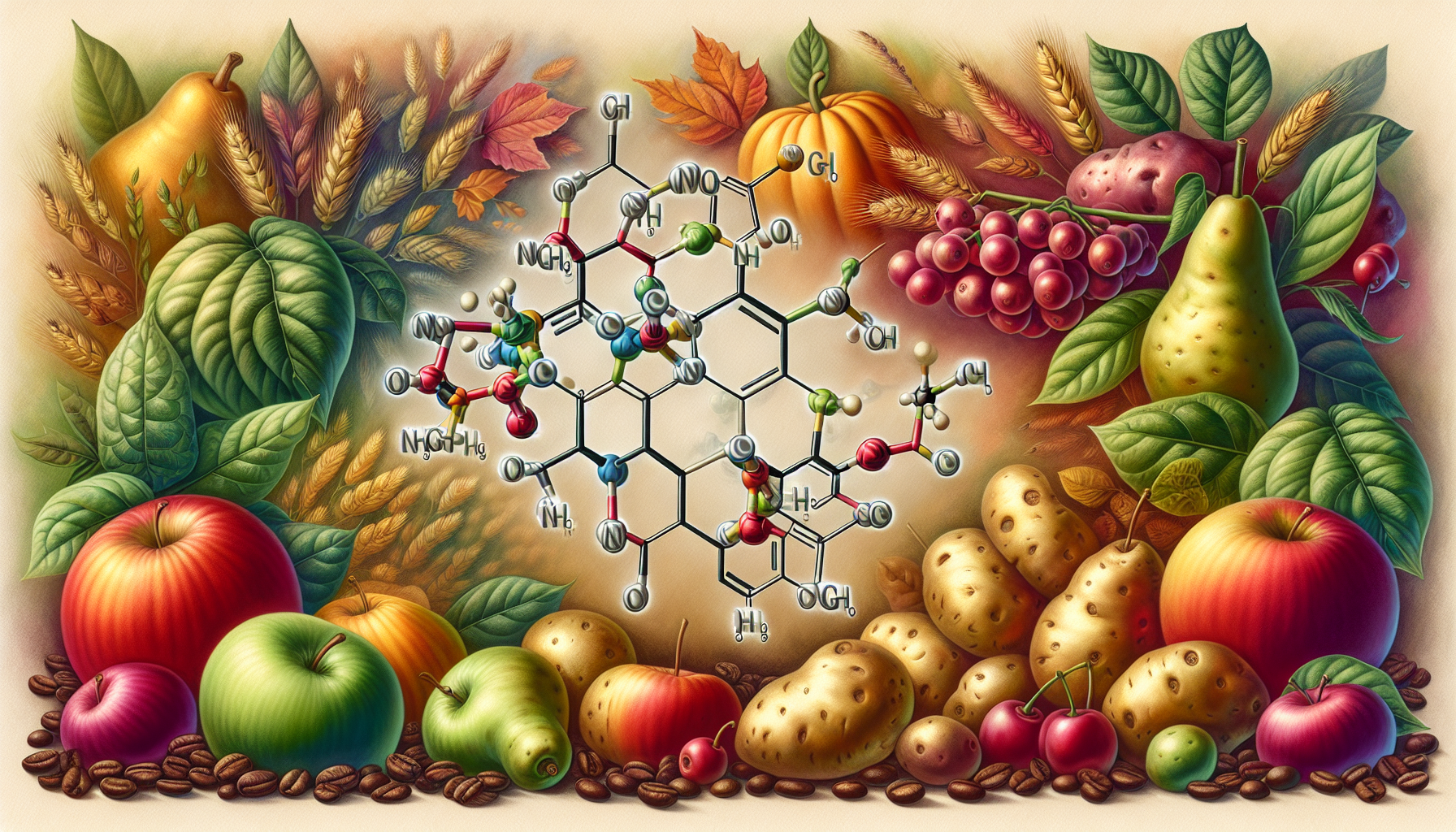oxidative stress
it’s impact of well-being
Free radicals are atoms or molecules with unpaired electrons. Their formation occurs during normal metabolic processes, such as mitochondrial respiration and enzymatic reactions. External factors, including UV radiation, pollution, and toxins, further contribute to their generation. These unpaired electrons make free radicals highly reactive, seeking stability by snatching electrons from nearby molecules. This dance of electron exchange lies at the heart of cellular dynamics and underscore the importance of ensuring that you get enough antioxidants through a healthy diet and by limiting processed foods.
Reactive Oxygen Species
The common types of free radicals, also known as reactive oxygen species (ROS), encompass a variety of molecules such as hydroxyl radical (HO•), superoxide anion (O2•−), hydrogen peroxide (H2O2), and nitric oxide (NO•). These unstable molecules are highly reactive due to the presence of unpaired valence electrons, making them integral in various biological and chemical processes.
The Yin and Yang of Free Radicals
Beneficial Roles
Free radicals can serve essential functions:
Cell Signaling: Reactive oxygen species (ROS), a subset of free radicals, act as cellular messengers. They regulate processes like cell growth, immune responses, and apoptosis.
Defense Mechanisms: Immune cells produce ROS to combat pathogens. TThese radicals assist in neutralizing invading microbes by creating holes in the cell membranes of pathogens such as harmful bacteria.
The Dark Side: Oxidative Stress
When free radicals overwhelm the body’s antioxidant defenses, oxidative stress ensues. This imbalance damages lipids, proteins, and DNA. Chronic oxidative stress contributes to aging, neurodegenerative diseases (e.g., Alzheimer’s), cardiovascular disorders, and even cancer. The delicate equilibrium between beneficial and detrimental roles underscores their significance.




Delve into the remarkable health benefits of quercetin, a powerful antioxidant found in various fruits and vegetables. Known for its potential to support cardiovascular health, reduce inflammation, and enhance immune function, quercetin is gaining popularity as a dietary supplement. However, understanding the appropriate dosage and potential interactions with medications is crucial for safe and effective use.
Quercetin supplementation is often recommended in doses ranging from 250 mg to 1,000 mg daily, with many finding optimal benefits between 500 mg and 1,000 mg. Research underscores the importance of personalized dosage based on individual health goals, age, and lifestyle factors. Whether you're aiming to manage rheumatoid arthritis, improve cardiovascular health, or enhance overall wellness, this article provides valuable insights into tailoring quercetin intake to meet your specific needs.
The article also highlights the significance of bioavailability, noting that the form of quercetin you choose can impact absorption. Supplements combined with ingredients like vitamin C or bromelain may improve uptake, although not all combinations are supported by research. Additionally, the article addresses the potential risks associated with high doses and long-term use, emphasizing the need for professional guidance.
Readers will find an in-depth exploration of quercetin's interactions with medications, particularly its potential to affect blood thinners and antibiotics. The article advises consulting healthcare providers before starting quercetin supplementation, especially for individuals with existing health conditions or those on prescription drugs.
For those interested in natural sources of quercetin, the article lists foods rich in this flavonoid, such as apples, onions, and berries. It compares the benefits of dietary intake versus supplementation, offering a comprehensive view of how to incorporate quercetin into a nutritious diet.
This engaging article is a must-read for anyone considering quercetin supplements to boost their health. With its thorough examination of dosages, safety, and interactions, it equips readers with the knowledge needed to make informed decisions about quercetin supplementation. Dive into the full article to uncover the potential health benefits of quercetin and learn how to safely incorporate this potent antioxidant into your wellness routine.